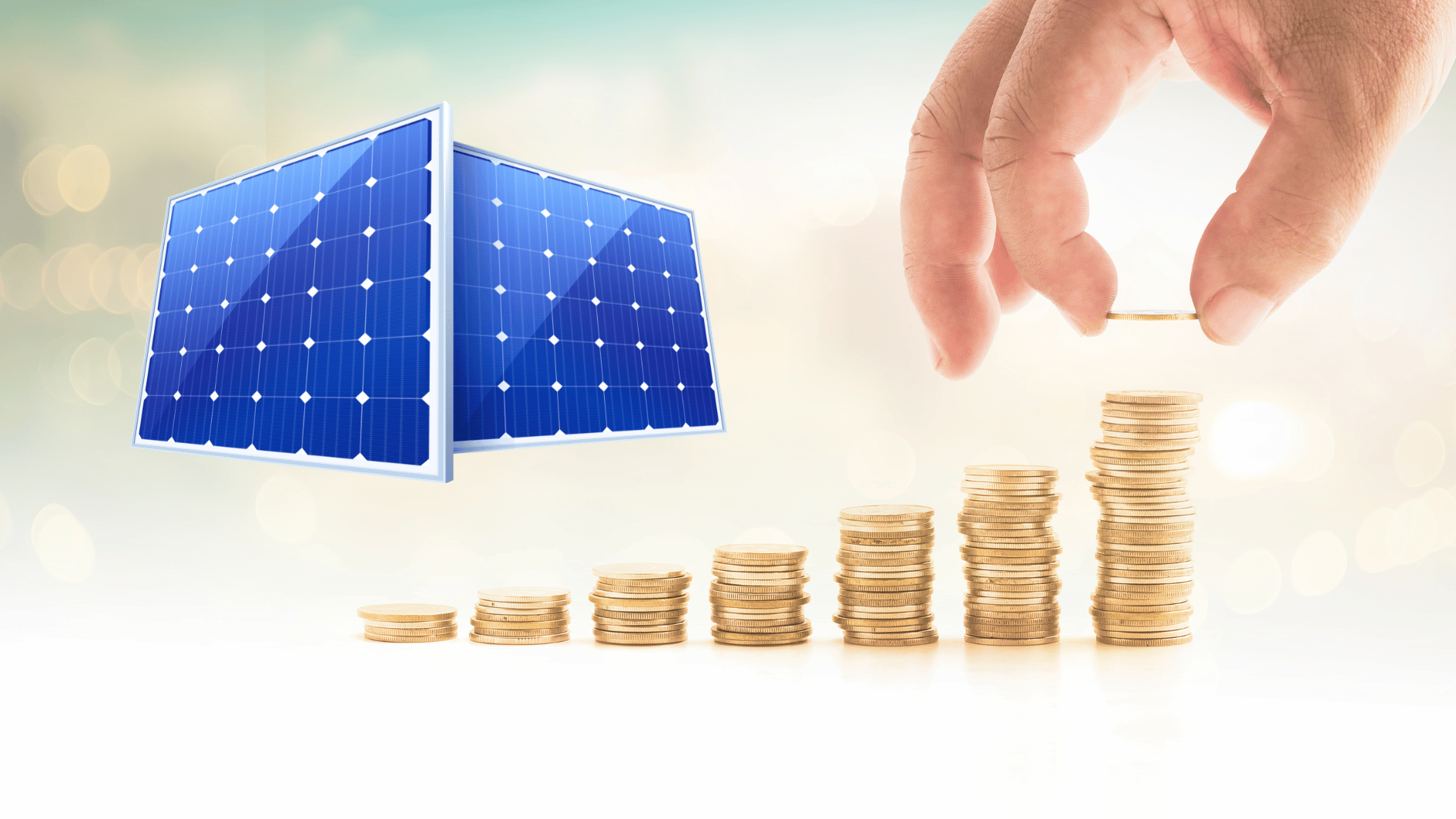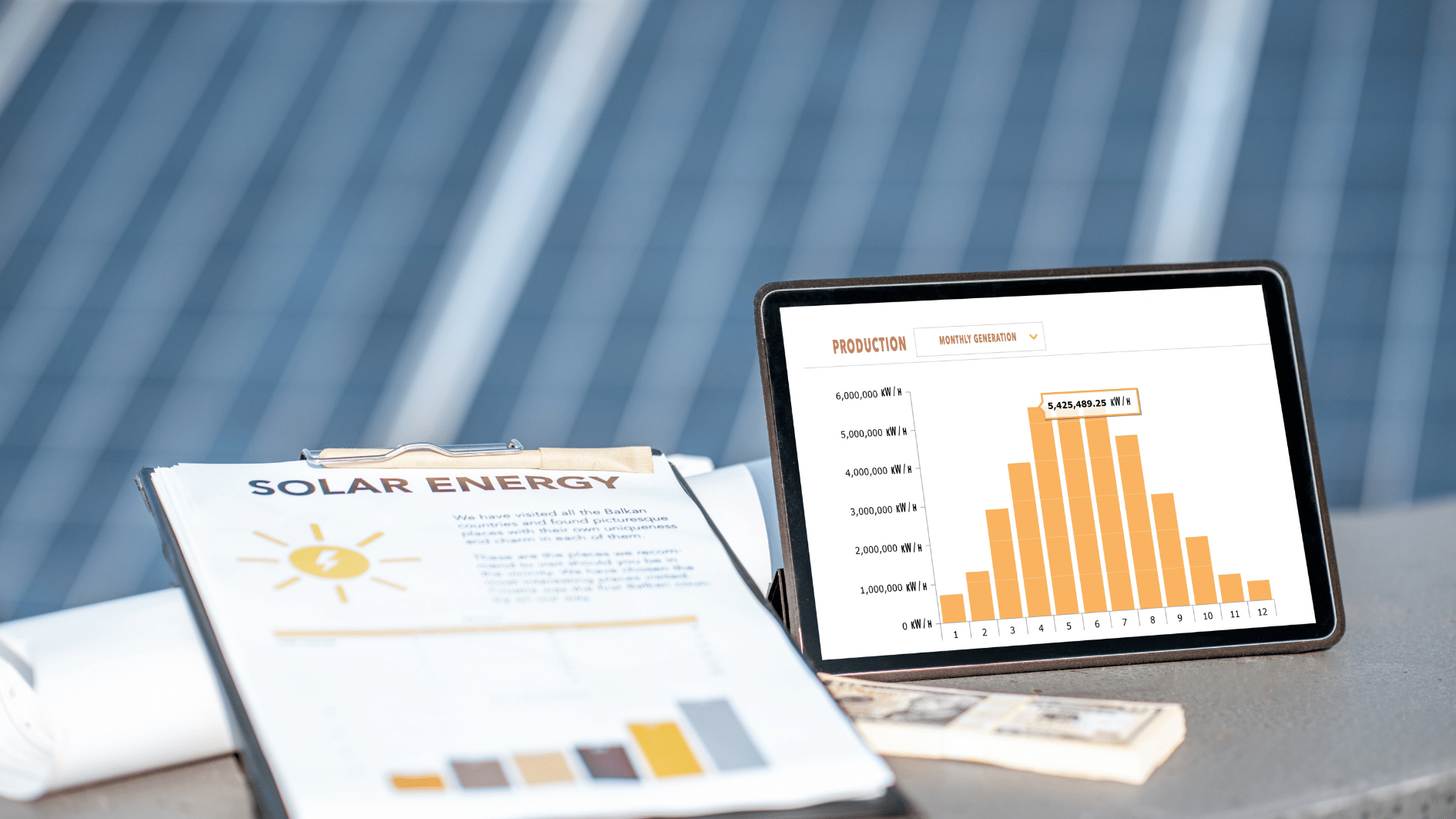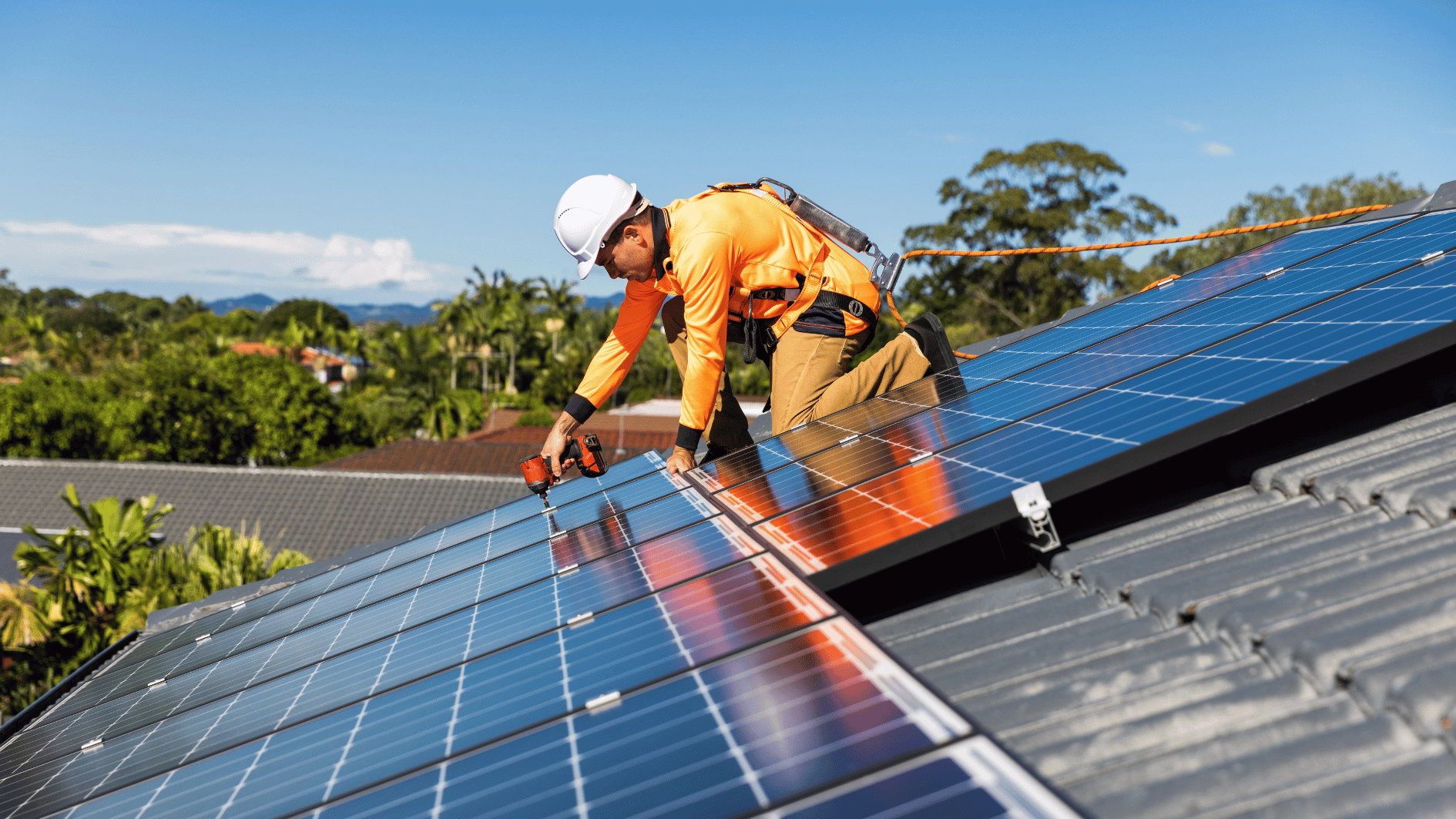Image source: Canva.com
The United States solar energy market, valued at $30.4 billion in 2023, is set to experience robust growth, with projections showing a compound annual growth rate (CAGR) of 15.7% through 2029. This surge is driven by increasing environmental awareness, advances in solar technology, and supportive government policies that are propelling solar power as a key player in the nation’s energy transition.
Key drivers of growth
The growing focus on environmental sustainability and reducing carbon emissions has spurred interest in solar energy as a viable alternative to traditional energy sources. Government incentives, both at the federal and state levels, have made solar power more accessible to businesses and consumers. Lower installation costs, thanks to technological advancements, have also played a significant role in making solar energy competitive with conventional power sources. As a result, solar installations are on the rise across residential, commercial, and industrial sectors, positioning the U.S. as a leader in the global clean energy movement.
Solar-plus-storage systems gaining momentum
A major trend shaping the market is the increasing adoption of solar-plus-storage systems, which integrate energy storage technologies, like lithium-ion batteries, with solar installations. These systems address the intermittent nature of solar power by storing excess energy generated during peak sunlight hours for later use, ensuring a consistent energy supply even when sunlight is scarce or demand is high. This trend is particularly relevant as the U.S. focuses on improving grid resilience and ensuring reliable power supply for both residential and commercial users.
Declining costs and rising efficiency
Another driving force behind the market’s growth is the continued decline in solar panel costs combined with increased efficiency. Innovations in solar cell technology have significantly improved energy conversion rates, making solar installations more productive. As costs continue to decrease, the overall economic viability of solar energy solutions is increasing, making them an attractive option for a wider range of consumers.
Expansion of community solar programs
The U.S. solar market is also seeing the rise of community solar programs, which allow individuals or businesses to subscribe to shared solar projects. Subscribers receive credits on their electricity bills based on their share of the energy produced. This model opens up solar energy access to those who may not have suitable rooftops or the financial means for individual installations. As more states implement supportive policies for community solar, this inclusive approach is expected to drive further growth.
Smart technologies driving solar innovation
The integration of smart technologies is becoming a prominent feature of the U.S. solar market. Digitalization, real-time monitoring, and predictive maintenance are improving the efficiency and reliability of solar systems. Smart inverters and Internet of Things (IoT) technologies are enhancing grid integration and allowing for better management of energy demand. These advancements align with the broader shift towards smart grids and sustainable infrastructure, solidifying solar energy’s role in the future of the U.S. energy landscape.
Regional insights: the West leading the charge
The Western United States remains the dominant region in solar energy adoption, driven by favorable sunlight conditions, progressive state policies, and strong renewable energy commitments. States like California, Arizona, and Nevada have led the way in large-scale solar installations, with regulatory incentives encouraging both residential and utility-scale projects. While other regions, such as the Northeast and Midwest, are making significant strides, the West’s long-standing commitment to clean energy positions it to remain a leader in the U.S. solar market through 2029.
With increasing technological advancements, supportive policies, and a growing focus on sustainability, the U.S. solar energy market is on track for substantial growth, contributing to the nation’s clean energy future and offering a reliable, cost-effective alternative to traditional power sources.

U.S. solar industry hits record growth in Q2 2024, adding 9.4 GW of new capacity
Source: GlobeNewswire





